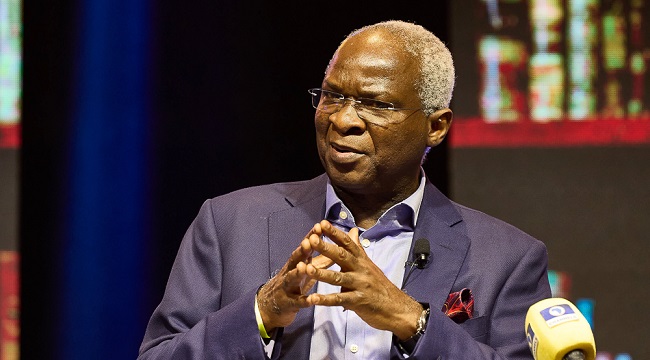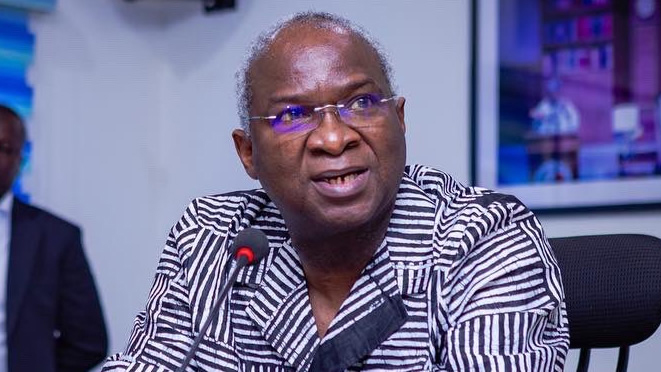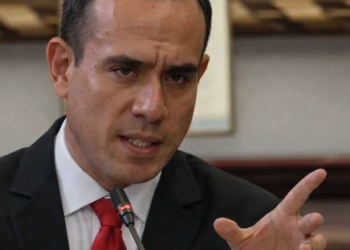According to Fashola, the Fourth Schedule of the Constitution assigns local governments responsibilities like running abattoirs, cemeteries, primary schools, and healthcare centres. These tasks require land, which state governments control.
“To the extent that the state government controls land, which affects how local governments will carry out these functions, I didn’t think that autonomy was intended,” he said.
He argued that the current structure suggests collaboration and oversight, not complete independence, between states and local governments.

Why Fashola Thinks LG Autonomy is Unrealistic Despite Supreme Court Ruling
Fashola also referred to the history of local councils defaulting on salaries and pensions before 1999. He said this prompted the creation of the state joint local government account to ensure financial supervision.
He added, “Whether the supervisors have now become as culpable as those they were supervising is another narrative entirely.”
On the Supreme Court’s July 2024 ruling granting financial autonomy to local councils, Fashola maintained that legal experts are divided on whether the judgment aligns with constitutional provisions.
Why Fashola Thinks LG Autonomy is Unrealistic
Fashola’s position challenges the growing calls for full local government autonomy. While acknowledging the need for stronger councils, he insists that autonomy cannot work under the current legal framework without significant constitutional reforms. His remarks reopen the debate on whether state control has outlived its usefulness or remains necessary for accountability.
















